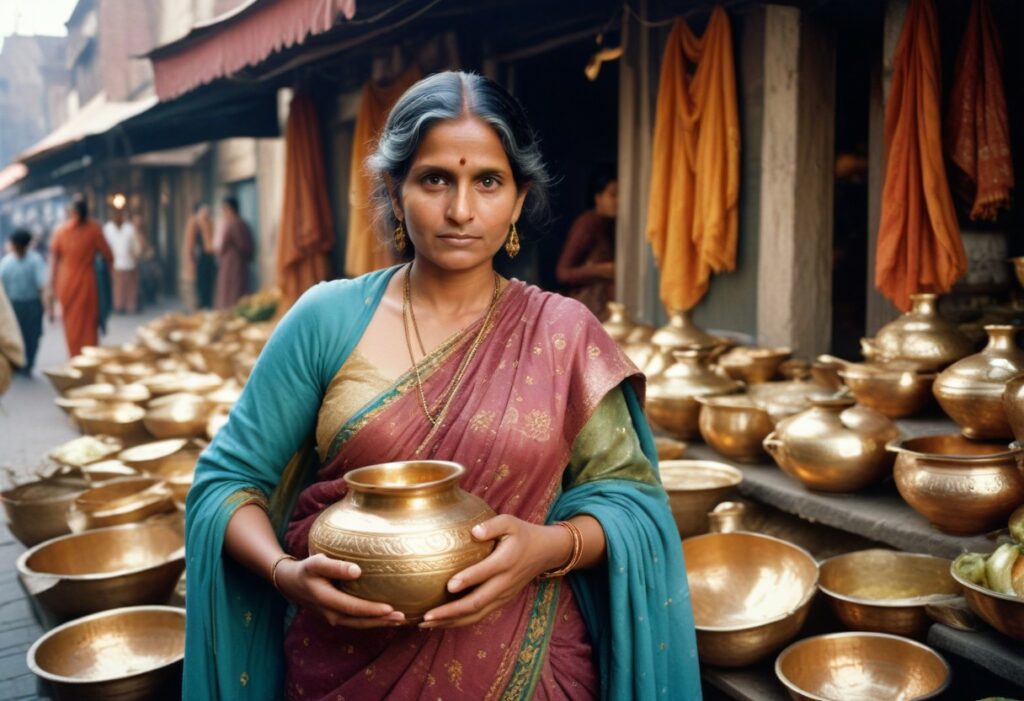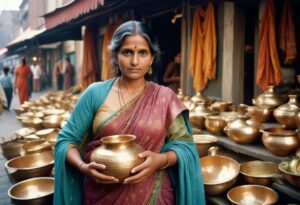Asia, with its diverse cultures and rich histories, is currently undergoing significant changes due to modernization. This transformation is blending traditional customs with contemporary influences, particularly impacting the lives of Asian women. This exploration delves into the intricate dynamics of tradition and modernity, examining how they shape the experiences of women across the region.
Cultural Traditions and Customs
Asia’s cultural heritage is a tapestry woven from centuries of tradition, diversity, and heritage. From the ancient Confucian principles in East Asia to the elaborate rituals of Hinduism and Buddhism prevalent in South and Southeast Asia, traditional cultural practices serve as pillars of social cohesion and identity.
Gender roles play a central role in these traditions, dictating the roles and responsibilities assigned to women within their families and communities. In East Asian societies, the concept of filial piety is paramount, emphasizing duty and respect towards parents and elders. Women are often expected to prioritize family obligations over personal pursuits, influencing their education, careers, and life choices.
Similarly, South Asian cultures emphasize modesty, obedience, and nurturing roles for women, who are considered the cornerstone of the family unit. These societal expectations shape women’s identities and aspirations, guiding their decisions in education, marriage, and career advancement.
Moreover, traditional practices intersect with religious beliefs, further shaping women’s roles and experiences. Rituals associated with major life events, such as birth, marriage, and death, carry religious significance and cultural symbolism, reinforcing social hierarchies and communal values.
For example, marriage customs in many Asian societies are deeply rooted in religious and cultural traditions, reflecting societal norms surrounding gender roles, familial obligations, and heritage preservation.
While traditional cultural practices provide a sense of continuity and belonging, they also present challenges in the face of changing social norms and modernity. As Asian societies evolve, the interplay between tradition and modernity continues to shape the experiences of women.
When Traditional Ways Meet Modern Life
The advent of modernity has brought about significant changes in Asian societies, challenging traditional norms while ushering in transformative change. Urbanization, globalization, and technological advancements have reshaped daily life, presenting both opportunities and challenges for women.
One significant shift is the tension between traditional gender roles and modern ideals of equality. As women pursue higher education and careers, they face resistance from traditionalists who perceive these changes as disrupting social hierarchies. This clash underscores the complexities of navigating evolving societal norms and expectations.
Modern influences, such as Western media and consumer culture, have also impacted Asian women, prompting a struggle to reconcile traditional values with contemporary aspirations. This cultural hybridity has sparked a dynamic process of negotiation and adaptation as women carve out spaces within shifting societal paradigms.
In education and employment, modernity has offered unprecedented opportunities for women to pursue their ambitions. Yet, deeply entrenched patriarchal attitudes persist in many Asian societies, hindering women’s full participation in public life. Additionally, media perpetuates unrealistic beauty standards, affecting women’s self-worth and agency.
Despite these challenges, Asian women are asserting their agency and resilience, shaping their destinies while grappling with tradition and patriarchy. By embracing their lived experiences and forging new paths, they contribute to reshaping societal norms and possibilities for future generations.
Changes and Chances
Amidst societal tensions, Asian women are emerging as agents of change, navigating tradition and modernity with resilience. They are reimagining traditional practices to align with their evolving needs and aspirations.
For instance, there is a noticeable shift in marriage and family structures towards love marriages and nuclear families, reflecting changing attitudes towards romance and personal autonomy.
Furthermore, women are leveraging education, entrepreneurship, and technology to challenge stereotypes and barriers. From pioneering female entrepreneurs to social media influencers advocating for gender equality, they are amplifying their voices and driving social change.
There is also a growing movement to preserve and revitalize traditional cultural practices, ensuring they remain relevant in contemporary life. Women play a crucial role in celebrating and safeguarding cultural heritage, reviving indigenous crafts and promoting cultural tourism.
Asian women are seizing opportunities presented by modernity to assert their agency and shape their destinies. Through resilience and determination, they are forging new paths and contributing to a more inclusive future.
In conclusion, the intersection of traditional cultural practices and modernity presents both challenges and opportunities for Asian women. As they navigate between tradition and modernity, they confront tensions, adaptations, and opportunities for cultural preservation and innovation. By embracing their heritage while embracing modern opportunities, Asian women are reshaping their identities and contributing to the rich tapestry of human experience in the 21st century.










More Stories
Juvenile Delinquency: Social Factors Behind Youth Crime
Prostitution Among High-Class Women
The Silent Tragedy: Female Feticide